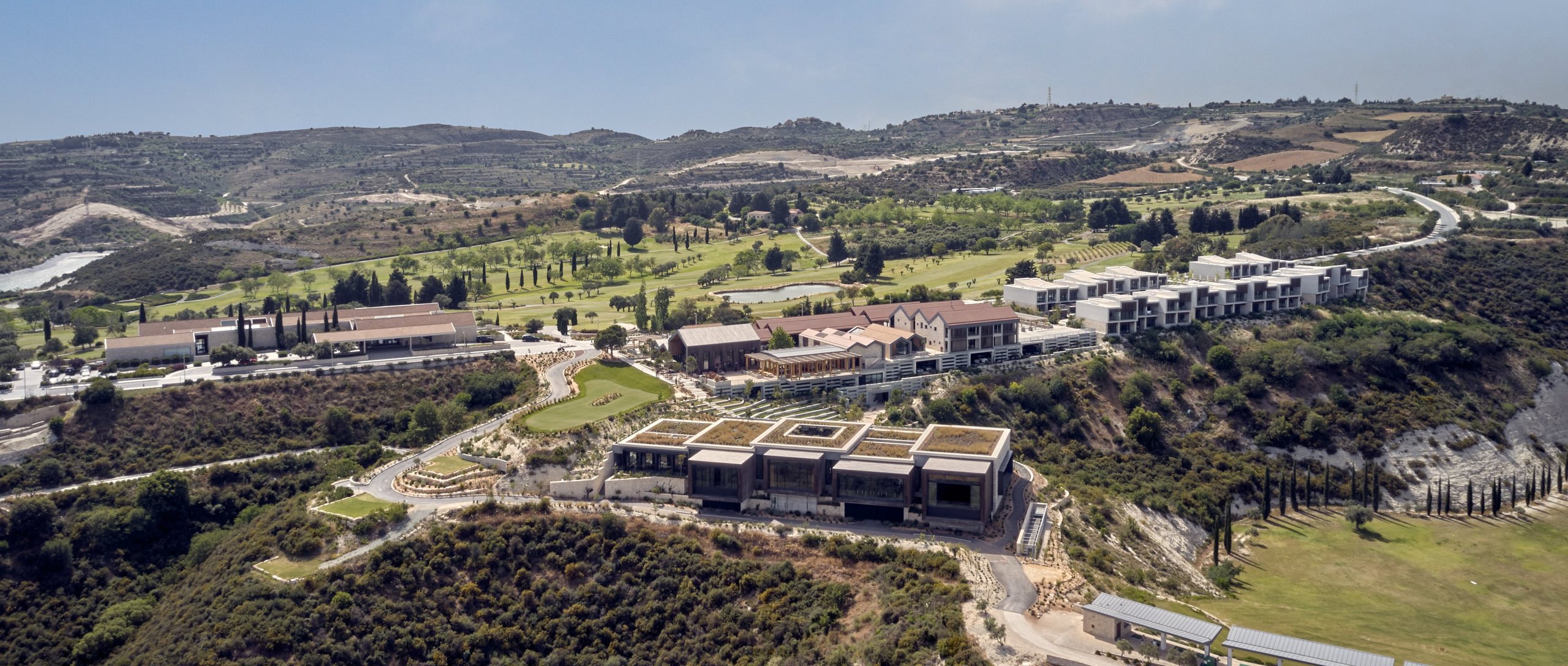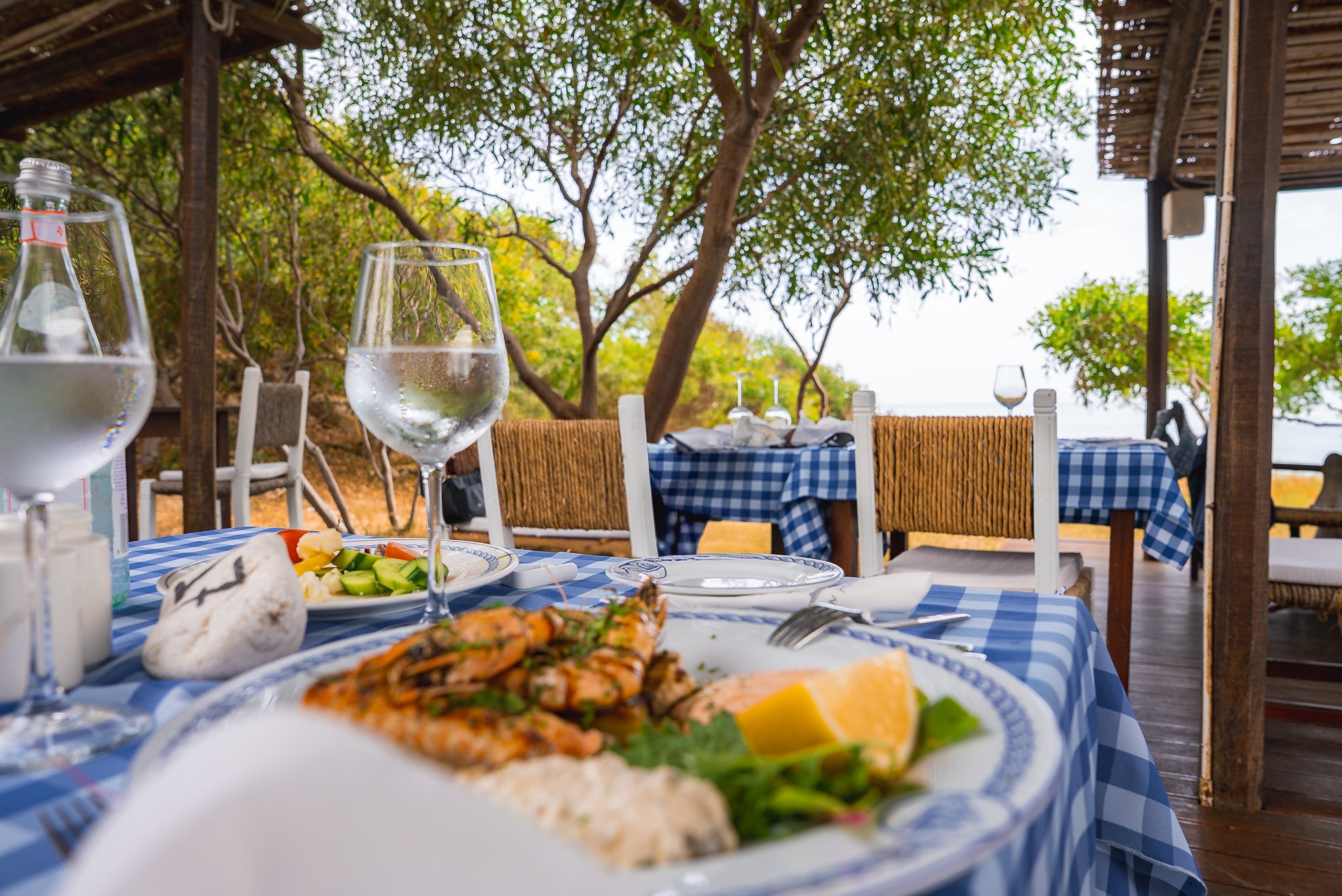Cyprus has long attracted international families seeking sunshine, safety and a slower pace of life. But if you’re relocating with children, one of the first things you’ll want to understand is how schooling works. Whether you’re making a permanent move or planning a shorter stay, it’s essential to find schools in Cyprus that supports both your child’s education and emotional wellbeing.
In this article, we explore your options – from language immersion in state schools to internationally recognised qualifications in private institutions. We also break down the structure of the Cypriot education system, school term dates and what role the Apolitirion plays if university is on the horizon.
We’ve helped thousands of families settle happily abroad, and it all starts with getting the school choice right.
Contents
- Overview of education in Cyprus
- Attending state primary schools in Cyprus
- Private primary school options
- Daily life at primary schools in Cyprus
- Secondary education in state schools in Cyprus
- Private secondary schools in Cyprus
- School calendars and holidays
- Understanding the Apolitirion
- FAQs about schooling in Cyprus

Overview of education in Cyprus
The Cypriot education system mirrors many European frameworks, with a strong emphasis on academic achievement and early learning. Children typically begin pre-primary education around the age of four years and eight months. This early stage is not just encouraged – it’s mandatory and free. Primary education starts the year after a child turns five and continues until the age of 11 to 12.
From there, secondary education is split into two stages: gymnasium (ages 12 to 15) and lyceum (ages 15 to 18). The system recognises both traditional academic paths and more vocational or specialised learning, especially in the final three years.
The country offers both public and private schools, all regulated by the Ministry of Education, Sports and Youth. State education is free, while private institutions charge tuition fees that vary depending on curriculum and location. Lessons in state schools are delivered exclusively in Greek, which can be ideal if you want your child to integrate fully into the local culture.
Private schools present an alternative route. Many follow the UK or US education systems and teach in English – often a welcome reassurance for expat families.
For a closer look at purchasing property abroad, claim your free copy of our Cyprus Buying Guide:
Download the Cyprus Buying Guide
Attending state primary schools in Cyprus
Cypriot state primary schools are welcoming, well-structured and completely free to attend. For expat families planning a permanent or long-term move, this route offers huge cultural and financial benefits. Children are taught in Greek and follow the national curriculum, which includes subjects such as Greek language, mathematics, history, geography and art.
Although the language barrier can be daunting at first, younger children are usually quick to adapt, often picking up Greek within their first year. Schools also usually offer a few hours of English a week, which helps maintain bilingual fluency for those coming from English-speaking backgrounds.
These schools are a reflection of everyday Cypriot life. Your child will likely make friends with local children, absorb the nuances of the culture and feel part of the wider community. It can be a helpful option if you’re hoping to raise a child with strong roots in their new home.
That said, state schools may not be the best choice if you’re living in Cyprus temporarily or want to keep your child in an English-language curriculum for continuity.
Private primary school options
If you prefer your child to continue within a familiar education system or are only living in Cyprus short term, enrolling them in a private primary school can be the perfect fit. These schools don’t just teach in English – many align closely with curriculums from the UK, the US or the International Baccalaureate (IB). This makes transitions smoother if your child later moves back home or on to another international school.
Many private schools are attached to larger institutions that offer education right through to sixth form or equivalent. For example, long-standing institutions like The Heritage Private School in Limassol or TLC Private School in Peyia offer Early Years programmes that seamlessly flow into junior and secondary schooling.
Lessons often include a broad range of subjects, paired with creative activities and tech-based learning to keep things dynamic. Class sizes tend to be smaller than in the state system, and the staff are highly qualified, with many teachers having earned degrees in the UK or from other European countries.
While tuition fees vary across schools, the quality of education, resources and facilities is usually of a high standard. Expect to pay more in major cities like Nicosia or Limassol than in smaller towns or rural areas.
Daily life at primary schools in Cyprus
No matter which route you choose – state or private – younger children in Cyprus follow a fairly structured school day. School usually starts around 7:30am and finishes just after lunchtime, around 1:15pm. This gives families the bulk of the afternoon free, but it’s not all free time – homework from an early age is part of the norm.
Classrooms focus on both academic learning and social development. Children typically wear uniforms and are taught values involving respect, punctuality and kindness. Teachers tend to strike a balance between discipline and care, acting as everyday mentors as well as educators.
Physical activity plays a key role throughout the school year. Sports lessons, music and creative art sessions ensure the day isn’t all textbooks. School trips happen frequently – often twice a term – and include everything from visits to cultural sites to nature outings.
The morning-only school structure can come as a surprise for some families, especially those used to full-day school elsewhere. Many parents choose to enrol children in after-school clubs or sports classes to help fill the afternoons productively.
Secondary education in state schools in Cyprus
For students continuing in the state system, secondary school begins with three general academic years (gymnasium) followed by a three-year specialisation period (lyceum). During the gymnasium years, pupils follow a national curriculum that includes Greek, maths, science, languages, history, religious studies and PE.
At around 15, they choose a path within lyceum tailored to their strengths and interests. Options include humanities, science, technology or economics. These fields determine the bulk of their final Apolitirion assessments – the national school-leaving qualification.
Although lessons continue to be taught in Greek, English proficiency continues to be encouraged. From Year 7 onwards, students also receive careers advice and guidance on post-secondary options, including vocational routes or university preparation.
Education at this level remains free, as does the school uniform, although there is sometimes a small subsidised fee for accessories or replacements. For those who later wish to study abroad, extra tutoring for international qualifications like A-Levels is an option – usually delivered privately and for an additional cost.
Private secondary schools in Cyprus
Private secondary schools offer an ideal solution if your teen is aiming for international universities, especially in the UK or US. These schools are fee-paying and follow either a British, American or international curriculum. English is the primary teaching language, though other languages such as French, Spanish and German are also on offer.
To join most private secondary schools, students take entrance exams – often in English and mathematics – during the final year of primary school. In most cases, if your child has been enrolled in the same institution’s primary department, they can usually progress automatically without testing.
These schools provide two broad academic tracks. One focuses on sports and physical coaching, integrating training sessions before or after classes. The other follows a more traditional academic model, leading towards IGCSEs, A-levels, or IB Diplomas. Some schools also offer Apolitirion preparation alongside A-Levels, which opens the door to both Cypriot and foreign universities.
Cultural trips, exchanges, and even holidays abroad often feature in the timetable. Many schools take trips to European capitals during Easter break, offering opportunities for cultural immersion. Half-term breaks are in sync with British schools, making it easier to visit family back home.
School calendars and holidays
School holidays in Cyprus are generous, giving families ample opportunities to travel, relax or visit home. The summer holiday is notably long – generally stretching from the end of June to the first week of September. In this respect, it mirrors many southern European school systems.
Private schools often follow term dates that echo the British academic calendar. This includes standard half-terms in October and February and a two-week break at Christmas and Easter. This makes it easier to align visits to the UK around school schedules if needed.
Public schools also offer seasonal breaks. National holidays such as Green Monday (February or March), Independence Day (1 October) and various saints’ feast days result in long weekends or school closures – something worth noting when planning trips or childcare.
Parents in private schools can also expect extra-curricular camps and holiday clubs during half-term or Easter weeks. These are particularly valuable for working parents or those with younger children who thrive on structure during the break.
Understanding the Apolitirion
The Apolitirion is the official school-leaving qualification awarded by secondary state schools in Cyprus. It’s a nationally recognised certificate that confirms a student has completed upper secondary education, and it’s essential if your child plans to attend a Cypriot or Greek university.
The certificate is based on continuous assessment and final examinations across subjects studied during lyceum. These typically include Greek, maths, English and electives chosen according to your child’s academic focus. To receive the Apolitirion, consistent attendance and adequate performance in both coursework and exams are required.
UK universities often accept the Apolitirion as an entry qualification, particularly when supplemented with A-levels or other international credentials. This is why many academically ambitious students pursue both – either within their school’s framework or through after-school tutoring schools.
Not all universities require A-levels in addition to the Apolitirion – but some do, depending on course and prestige. If your child has future plans for higher education abroad, particularly in the UK or US, it’s worth seeking advice early. That way, they’ll have the right qualifications when the time comes.
Ready to find out more about family life in Cyprus? Speak with one of our Cyprus property consultants today. We’re here to help every step of the way.
FAQs about schooling in Cyprus
Yes. State schools in Cyprus are free to attend and welcome expat children, though all teaching is in Greek. Private schools charge fees but offer English-speaking instruction and internationally recognised qualifications.
No. State schools teach entirely in Greek, though some English is taught as a subject. Younger children typically adapt quickly, making this a great option for families planning a long-term or permanent stay.
Private schools often follow the British, American or International Baccalaureate (IB) systems. English is the main language of instruction, and many schools offer A-levels, IGCSEs or IB Diplomas alongside the Cypriot Apolitirion.
The Apolitirion is Cyprus’s national school-leaving certificate, awarded at the end of secondary education. It is required for entry into Cypriot and Greek universities and is accepted by many UK institutions when combined with A-levels or other credentials.
State schools close for summer from late June to early September. Other breaks include Christmas, Easter, and national holidays. Private schools often follow the British term structure with half-term breaks in October and February.









